
The Federal Election Commission (FEC) is needed more now than during that dark period in American political history known as the Watergate scandal, the debacle that caused its creation. Unfortunately, a resignation catastrophe has occurred bringing the valuable work of the Federal Election Commission to a virtual shutdown.
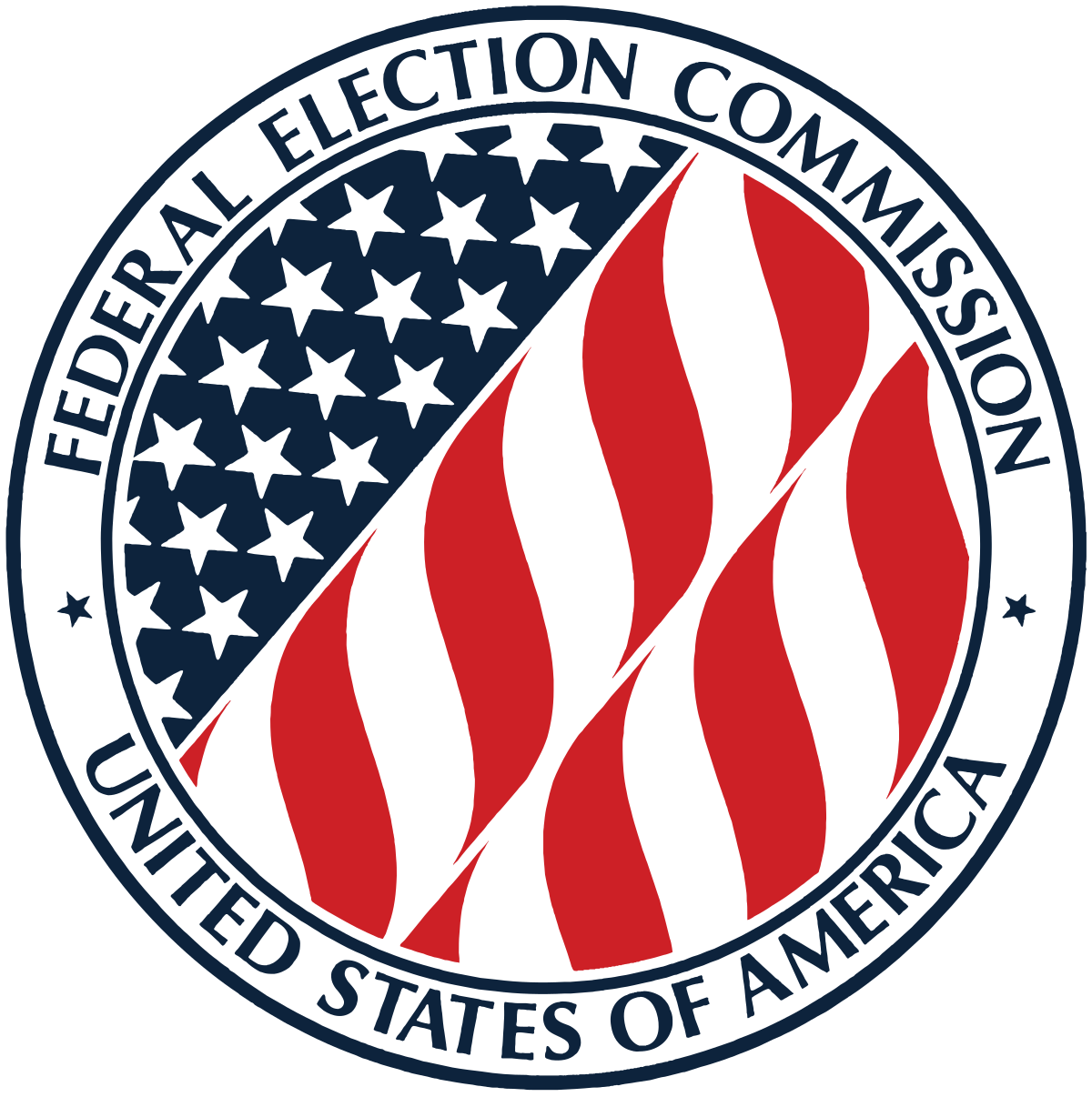
The self-proclaimed mission of the Federal Election Commission is: To protect the integrity of the federal campaign finance process by providing transparency and fairly enforcing and administering federal campaign finance laws. In the early 1900’s former President Theodore Roosevelt recognized the need for campaign finance reform and asked Congress for legislation to prevent election abuses.
Congress responded by passing the Tillman Act of 1907, it was the first legislation in the United States prohibiting monetary contributions to national political campaigns by corporations. It would be decades before any other meaningful legislation to curb abuse of America’s federal electoral process would take place. That meaningful legislation 64 years later was the Federal Election Campaign Act of 1971, its original purpose was to focus on increased disclosure of all contributions to federal campaigns. Ironically the Act was signed into law by former President Richard Nixon, whose 1972 presidential campaign abuse was so horrific that it caused Congress to amend the Act in 1974 to create the Federal Election Commission.

The fair and secure elections that the Federal Election Commission plays a vital part in providing guarantees that the will of the American people is expressed and heard
The Federal Election Commission does 3 basic things:
1) Publishes reports filed by Senate, House of Representatives and presidential campaigns that list how much each campaign has raised and spent, and a list of all donors over $200, along with each donor’s home address, employer and job title
2) Enforces provisions of the Federal Elections Act that prohibit certain type of federal campaign contributions, and those that set limits on how much can be contributed to federal campaigns
3) Oversees the public funding of presidential campaigns
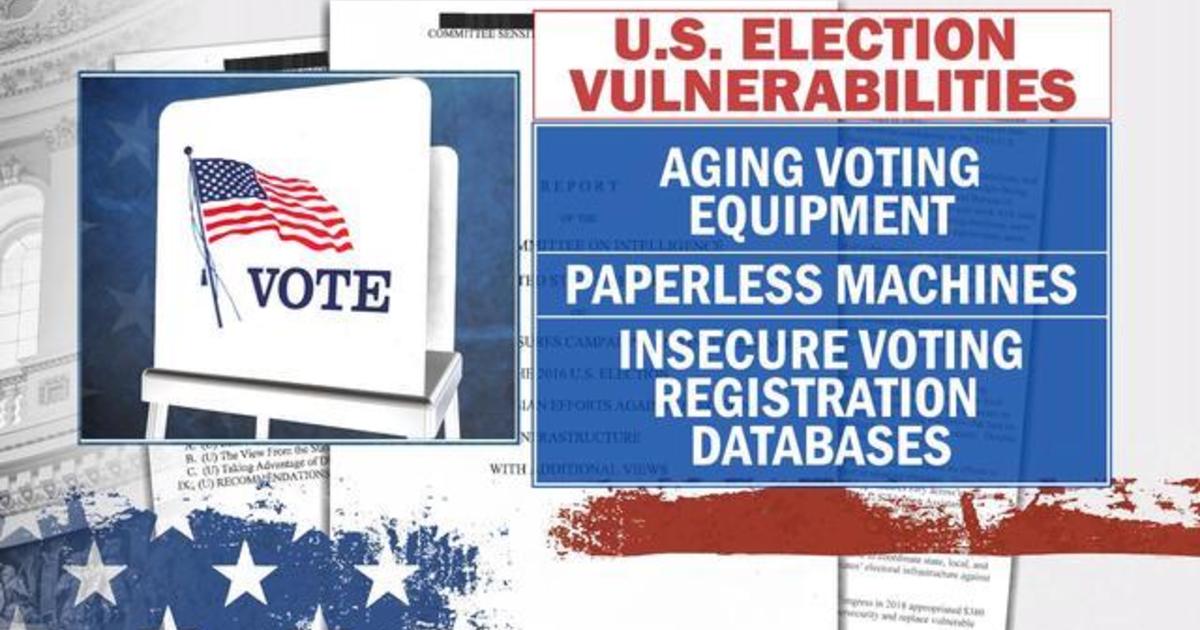
With all the vulnerabilities that currently exist in the United States election systems a non-functioning Federal Election Commission is the last thing that America needs
It accomplishes these 3 things through a 6 member commission appointed by the President of the United States and confirmed by the United States Senate. Each member serves a six-year term, and two seats are subject to appointment every two years. By law, at least four commissioners are required for any official FEC action. The Chair of the FEC rotates among the members each year, with no member serving as chairman more than once during a six-year term. A member may serve as Chair more than once before serving beyond the six-year mark if no successor is appointed. Ellen Weintraub, the current Chair elected in 2018, was previously Chair in both 2003 and 2013.
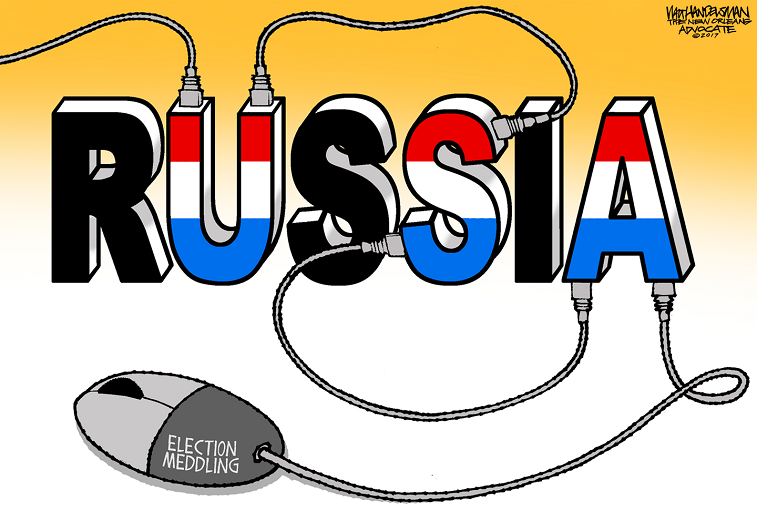
The Senate Intelligence Committee has found conclusive evidence that Russia targeted all of America’s 50 states election systems for interference
The reason to implement the no successor appointed provision that has allowed Weintraub to serve as Chair 2 additional times, is the same reason that has caused the current catastrophe taking place on the Federal Election Commission. Last month Vice Chair Matthew S. Petersen resigned leaving only 3 FEC Commissioners, the law that created the Federal Election Commission requires that it must have a quorum of 4 commissioners to take any official actions.
The law also requires that no more than 3 commissioners can be members of the same political party, Petersen’s resignation leaves Democrat Weintraub, Republican Caroline C. Hunter and independent Steven T. Walther. Commissioner Caroline Hunter said in a statement “Without a quorum, certain Commission activities will not take place. For example, the Commission will not be able to hold meetings, initiate audits, vote on enforcement matters, issue advisory opinions, or engage in rulemakings.”
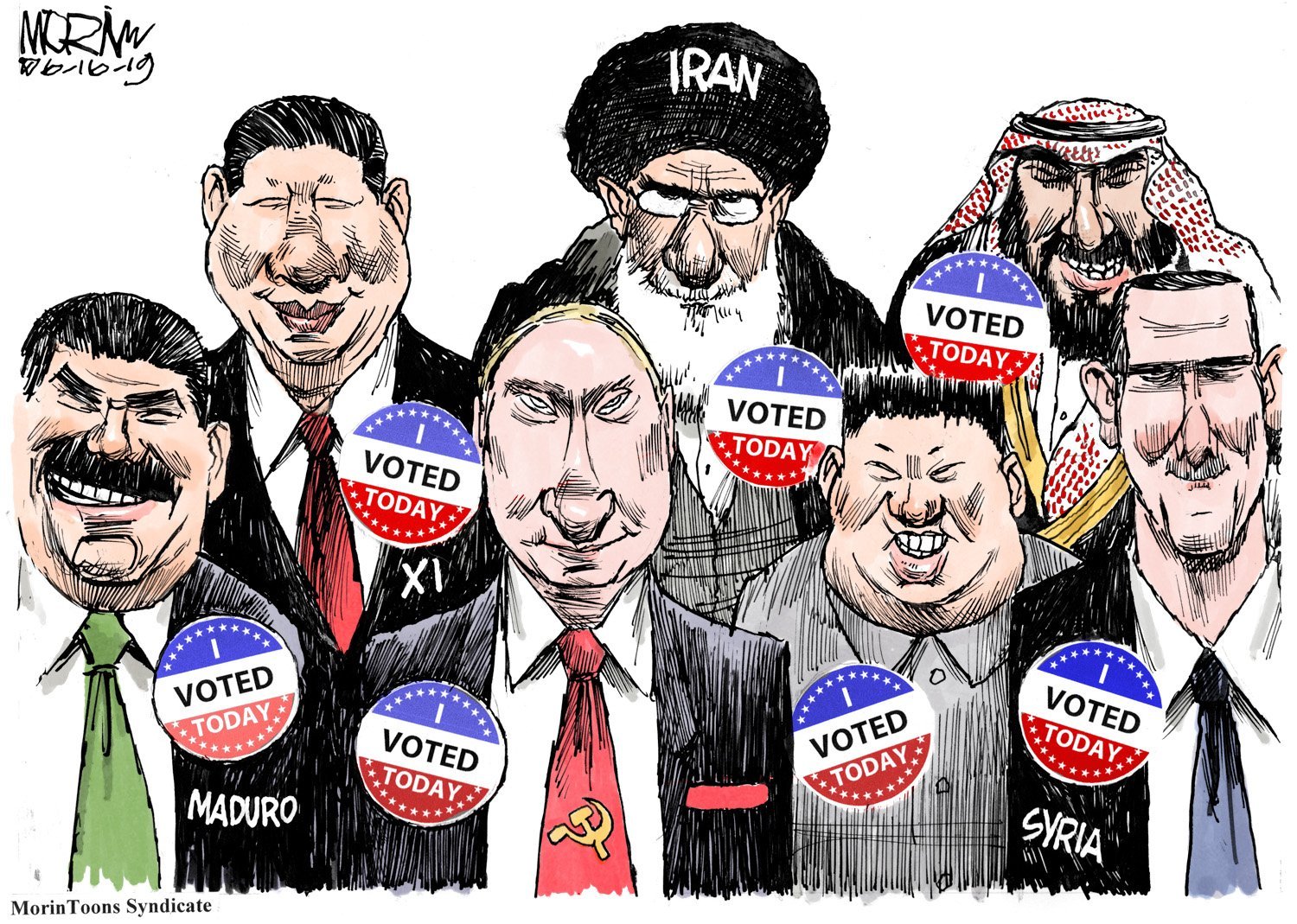
Without a functioning Federal Election Commission this type of foreign interference in American elections could become a reality
This Federal Election Commission catastrophe could have been easily avoided. Because President Trump nominated James E. “Trey” Trainor III 2 years ago to replace Republican Commissioner Lee Goodman, who has since resigned. If the Senate had voted to confirm Trainor in a timely fashion the Federal Election Commission would currently have the necessary 4 commissioners to continue its work.
Unfortunately, the Senate is controlled by a known opponent and harsh critic of campaign finance laws Senate Majority Leader Mitch McConnell. Since McConnell became Senate Majority Leader in 2015, not one person has been confirmed to serve on the FEC. To add insult to his injurious action of not allowing the Senate to confirm new commissioners, McConnell has blocked multiple election security bills from getting an up or down Senate vote.

Stopping foreigners from secretly buying election propaganda ads is the work a non-functioning Federal Election Commission cannot do!!!
Most notably are the Secure Elections Act whose bi-partisan sponsors are Republican Sen. James Lankford and Democrat Amy Klobuchar, two bipartisan bills unanimously approved by the Senate Judiciary Committee under the leadership of staunch conservative Sen. Lindsey Graham, and the Honest Ads Act. McConnell resents being called “Moscow Mitch,” but his failure to allow votes on these bills to prevent foreign interference in American elections, even after his own Republican-controlled Senate Intelligence Committee has said conclusively that election systems in all 50 states were targeted by Russia in 2016, and his unwillingness to confirm President Trump’s nominee to the Federal Election Commission means he has earned the label.
As an election law expert at the University of California at Irvine and campaign finance attorney, Professor Rick Hasen has said: “With foreign governments and others potentially looking to interfere in the 2020 elections, it is essential we have a working FEC with a full complement of commissioners, Even if the Democrats and Republicans on the commissioners would deadlock on ordinary enforcement matters, there is at least a chance they could come together in an emergency to help ensure the integrity of the 2020 campaign.”
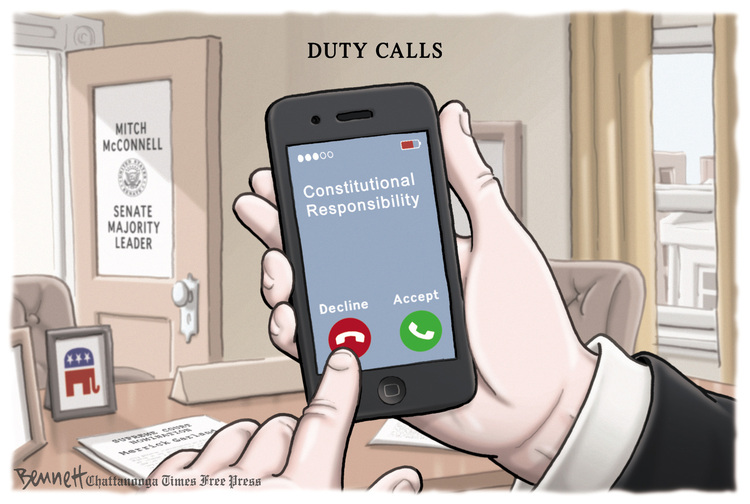
Senate Majority Leader Mitch McConnell must stop acting like he is protecting Russia’s interest and perform his constitutional duty by allowing a confirmation vote to reactivate the Federal Election Commission
If Mitch McConnell is so bothered by being referred to as “Moscow Mitch” and wants to disassociate himself from the label, his first order of business as the Senate returns from the summer recess is to schedule a vote confirming James Trainor as the 4th commissioner, putting an end to the Federal Election Commission catastrophe and allowing it to get about the business of protecting America’s elections.


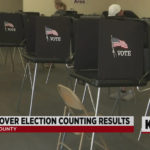

Leave a Reply